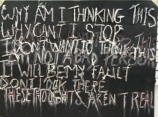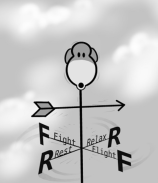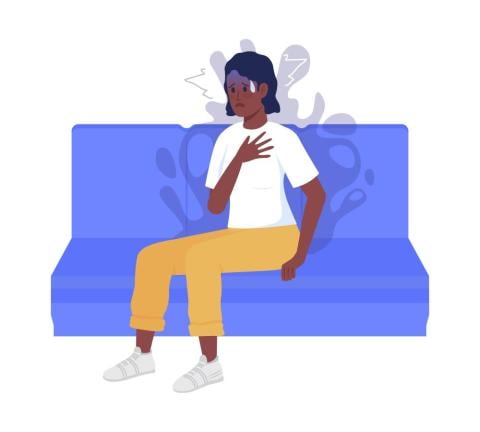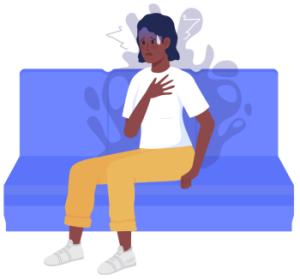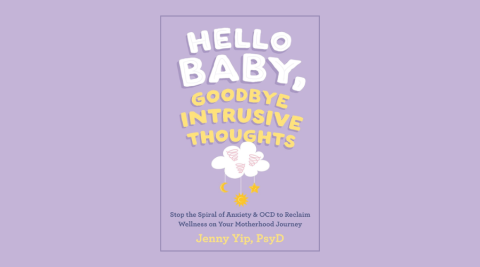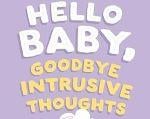When Reassurance Seeking Becomes Compulsive
When Reassurance Seeking Becomes Compulsive
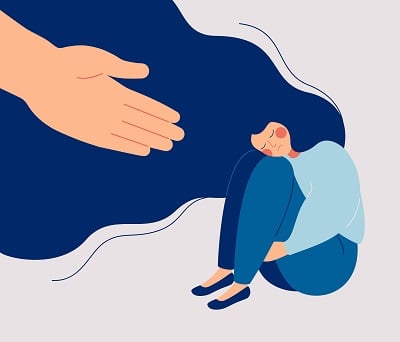
It is natural to seek some reassurance when confronted with uncertainty. Reassurance can help to calm a doubt, allay a worry, solidify a plan of action, or guide a decision.
However, people with sticky minds sometimes get caught in what we call Reassurance Traps, unable to accept doubts in some context. This can take the form of endless internet “research,” repetitive checking behaviors, and eventually alienating others with relentless reassurance-seeking conversations. They may try to cope by self-talk, but they become trapped in constant looping internal “debates,” where “what ifs?” and “rational responses” alternate and never stop.
Being stuck in reassurance-seeking can lead to paralysis in decision-making, haunting worries about making a mistake or causing harm, insecurity and self-doubt.
Seeking reassurance and checking repeatedly may seem like a way to nail down facts. But doubts that return relentlessly reveal that certainty is a feeling and not a fact—no one can be absolutely sure about anything. Normally, we put ordinary doubts and uncertainties in the background and proceed because we feel “sure enough.”
In contrast, unproductive reassurance-seeking is an attempt to eradicate doubt, although absolute certainty is unattainable and unnecessary to make decisions, judgments, and actions. People with sticky minds can get caught up in doubts about anything, including their own motives, identity, health and sanity (as well as those of others). They are particularly prone to persistent doubts about things they imagine, including the unknowable future and unanswerable questions. Real-world checking can never satisfy doubts that arise and are maintained in the imagination.
A shift in attitude—a willingness to be aware of feeling unsure and to accept doubt and its discomforts—is needed to avoid becoming caught in the reassurance trap.
There are three distinct processes that make this so difficult.
First, the brain can make uncertainty look dangerous. When certain thoughts trigger brain fear circuitry and alarm systems (amygdala—fight, flight, freeze response), an altered form of consciousness that we call anxious thinking arises. The world seems more threatening, all risks seem unreasonable, and ambiguity looks like danger. Imagination seems real.
Second, paradoxical effort makes your attempts to control thoughts backfire. The more you try to stop an upsetting thought, the more it intrudes. (Try not to think of a pink elephant!) Efforts to distract, push away, argue with, reassure, or “get just one more bit of information” have the effect of strengthening doubts instead of resolving them.
Finally, negative reinforcement is the engine that drives the process. Psychologists have long demonstrated that positive reinforcement (or a reward) can strengthen a targeted behavior. Similarly, decreasing unpleasure–such as the reduction of pain, stress, or anxiety—works to reinforce responses in exactly the same way. Thus, the temporary reduction of anxiety provided by unproductive reassurance reinforces the worry thoughts that preceded it. Intense desire for certainty returns, and the reassurance trap is set even more tightly.
In Needing to Know for Sure (New Harbinger, 2019) we introduce a four-step program we call DEAF for breaking out of this trap and learning to move through reasonable uncertainty. The four mindful steps are 1) Distinguish doubts or distress from true danger, 2) Embrace the feeling of uncertainty, 3) Avoid reassurance, and 4) Float above the feeling while letting time pass.
These steps work independently of the content of the thoughts. Even people with sticky minds can learn to become DEAF to the beckoning of the anxiety-producing bullies of the mind and can turn a DEAF ear to the false alarm signals that are crying “Emergency! You need to check this out right now!” Anyone can learn that thoughts are just thoughts, that doubt is part of every decision, and that we can learn to trust our Wise Minds to tell us when we are certain enough!



